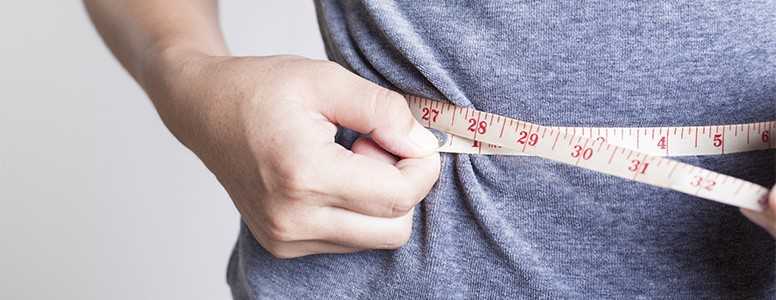Bariatric (weight loss) surgery is more effective than lifestyle changes and medicine in reversing type 2 diabetes, according to new research.
Scientists at the University of Washington report that a specialist type of gastric bypass can reverse the condition in people with mild-to-moderate obesity better than other methods.
It may no longer be appropriate to consider someone for a gastric bypass based simply on their body mass index (BMI), the study also found, but doctors should look into whether they have diabetes.
The research, published in the prestigious Diabetologia journal, examined the Roux-en-Y gastric bypass (RYGB) procedure, which is where a small part of the stomach is used to create a new pouch, roughly the size of an egg.
The study showed that diabetes remission at one year was 60 per cent with RYGB versus 6 per cent with most rigorous intensive lifestyle and medical intervention (ILMI). Lifestyle intervention involved participants undertaking 45 minutes or more of aerobic exercise for five days a week, a glucose-lowering diet and optimal diabetes medical treatment for one year.
At the same stage, those in the weight loss group lost 25.8 per cent of their body weight; patients in the lifestyle intervention lost 6.4 per cent
Despite having difficulties in finding patients that would agree to be randomly selected for surgery, a total of 32 volunteers were analysed for the whole year.
The groups were equivalent regarding all inclusion criteria (age 25-64, with type 2 diabetes and a BMI 30-45 kg/m2) and were split with 15 participants for RYGB and 17 for IMLI.
“These results apply to patients with a BMI of 30-35 kg/m2, as well as to more obese patients, and our study and others show that neither baseline BMI nor the amount of weight lost dependably predicts diabetes remission after RYGB, which appears to ameliorate diabetes through mechanisms beyond just weight reductio,” said the researchers.
“These findings call into serious question the longstanding practice of using strict BMI cut-offs as the primary criteria for selection for bariatric surgery among patients with type 2 diabetes.
“Compared with the most rigorous intensive lifestyle and medical intervention (ILMI) yet tested against surgery in a randomised trial, RYGB yielded greater type 2 diabetes remission in mild-to-moderately obese patients recruited from a well-informed, population-based sample.”
While gastric bypass surgery is very effective for reducing body weight and improving blood glucose levels, it carries its own risks. These include complications from surgery, and patients are required to take nutritional supplements for the rest of their lives.
What's new on the forum? ⭐️
Get our free newsletters
Stay up to date with the latest news, research and breakthroughs.





